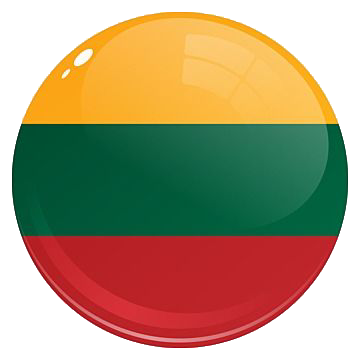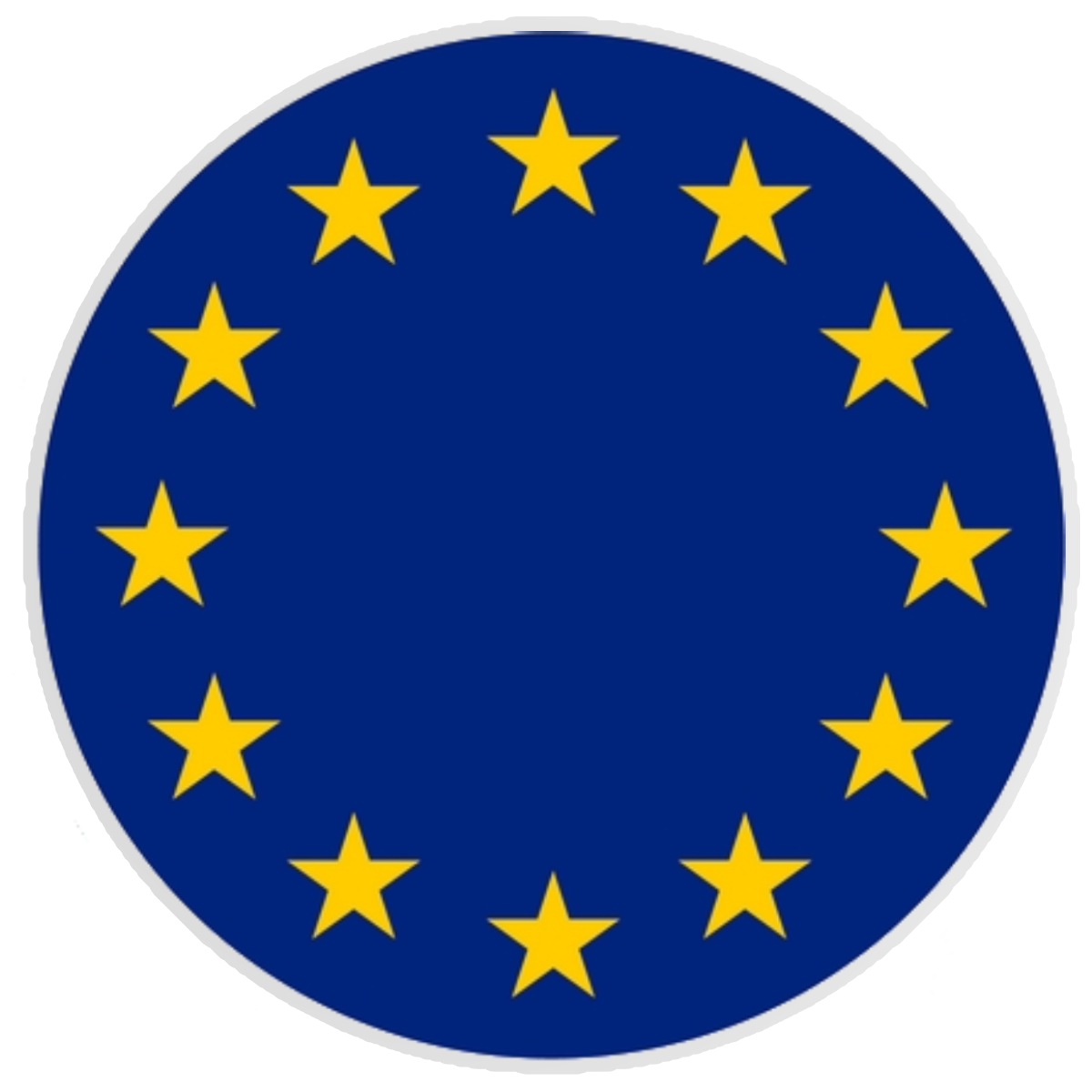Eduright Overseas offers a seamless and efficient solution for individuals seeking to apply for a work permit in various parts of the globe. With our expertise and extensive network, we provide comprehensive guidance and support throughout the application process. Whether you are looking to explore new career opportunities or expand your professional horizons, Eduright Overseas is here to assist you in obtaining the necessary work permit to make your dreams a reality.


Italy is an EU member, hence no specific visa or permission is needed for foreign nationals to work in Italy. Italy allows citizens of its member states to work without restriction. A Nulla Osta, or Italy work visa, is required for any employee who is not a citizen of the EU or EEA. Work permits in Italy are classified as Long-Stay permits, which are also known as National or D-Visas. The Italian work visa just permits entry into the nation. They must get a residency permit when they arrive in Italy to remain there.
When a worker receives an employment offer in Italy, the procedure for obtaining a Nulla Osta starts. The actions required to obtain the work visa are as follows:

Depending on how long they plan to remain, all foreign visitors will require one of the following visas:
1. Airport transit visa (Type A):
Foreign nationals who must travel via Latvia’s airport transit zone to reach another destination are granted this visa.
2. Short-term or Schengen Type C visa:
Another name for this visa is a United visa. It permits a foreign national to remain on Schengen Area territory.
3. The long-stay visa, or type D:
Foreign nationals entering Latvia who need to stay for more than 90 days within six months are awarded a long-stay visa. During this period, the holder of this visa is also permitted to travel to other Schengen Area nations.
For the duration that the visa is valid, all three of these visas are available as single-entry, double-entry, and multiple-entry options.



Portugal is an EU (European Union) member. Without a permit, citizens of other EU members can work in Portugal. They do not require a visa either, but after arriving in Portugal for work, they must apply for a resident card within six months. For travel to Portugal, non-EU nationals must get a visa from their home country. There are three categories of resident visas in Portugal:
Type 1: Visa for permanent residence
Type 2: Visa for resettlement for family members of Portuguese nationals
Type 3: Resettlement visa for family member Portuguese citizens living there permanently
The employee is permitted to visit Portugal once they have obtained the necessary visa. They will have to change the visa to a residency permit within four months. To lawfully work in Portugal, you need an extra permit.
Your employees need to apply through the Portuguese Consulate in their home country to receive a visa. They are required to submit the aforementioned documents. Portuguese authorities may need two to three months to review the application and grant a visa. Portugal will accept this visa as proof of entry. The employee must also apply for a work permit after receiving their visa. Workers with specialized talents from non-EU nations will have an easier time getting a work permit. The application for a work permit may be filed by the employer or the employee. The Serviço de Estrangeiros e Fronteiras (SEF), also known as the Regional Directorate or the Delegation of the Portuguese Immigration and Borders Service, will handle it in any case. The aforementioned documents need to be sent with the application. A work permit may require up to sixty days to process. The employee might go to Portugal to start working after securing a work permit and visa. The SEF will issue them a residency card; the Director-General of Taxes (Direcçaõ-Geral dos Impostos) branch will issue them a tax code; and they will need to register with Social Security.

Around the world, Germany is a popular destination for job seekers. Germany is in need of skilled laborers in a number of industries, and the government provides foreign workers with a range of work visa choices.
If a person has an undergraduate or graduate degree from an accredited university and was employed in Germany before moving there with a gross yearly salary of 52,000 euros (as of 2018), they are eligible for the EU Blue card.
Eligible candidates include those who have completed their education in Germany, as well as highly competent professionals working in the fields of engineering, mathematics, IT, life sciences, and medicine.
Benefits of the EU Blue Card:



In France, there are various kinds of work visas, and each has specific requirements. Ensure that workers are aware of the type of work visa they will require for them to obtain the necessary paperwork and confirm their eligibility.
The French work permits listed below are the most essential ones for your business as it grows:
For workers to be permitted to work in France, the company must start the permission process. The steps in getting a long-stay visa are as follows:

Dubai draws foreigners from all over the world with its great business and employment opportunities. The four most significant factors listed below make the multicultural city one of the greatest places to work and advance your career.
Foreign nationals must get a visa to enter the United Arab Emirates before being granted permission to work in Dubai. Foreign nationals can obtain several visas and entry permits from the United Arab Emirates, such as:

For international employees working in Dubai, it is the employer’s responsibility to secure the appropriate visas and permits. Any visa fees must be paid for by the employer as well. This is the procedure:


An increasing number of foreigners have been visiting Lithuania in search of employment in recent years. For EU nationals, living and working in Lithuania is relatively easy; however, foreign nationals need to go through multiple procedures to obtain employment.
A national of a third country typically needs to obtain one of the following documents to work in Lithuania:
Lithuania, like many countries, has specific regulations and procedures for obtaining a work permit. Lithuania offers the following primary work permits:
A work permit in Lithuania is obtained through a cooperative effort between the foreign national and their employer. An outline of the complete procedure, from the first job offer to the employee’s first day on the job, is provided below:
The process of obtaining a work visa in Lithuania is not too lengthy, although it is always advisable to plan. A national D visa may be processed in about 15 working days, while a work permit can usually be issued in seven business days on average.


Every Schengen member state has different visa regulations, which are specific to each nation. To meet the labor needs of their respective nations and address job shortages, the European countries have established employment visa programs.
As a result, each country’s labor needs have a significant impact on the requirements and criteria for employment visas as well as the application process.
It is strongly recommended that you apply for a European work visa at least two months before your intended travel date to the Schengen nation where you intend to work. The reason for this is that applying for an employment visa requires six weeks of processing time at European embassies. Up to 12 weeks may be added to the processing time in exceptional circumstances.